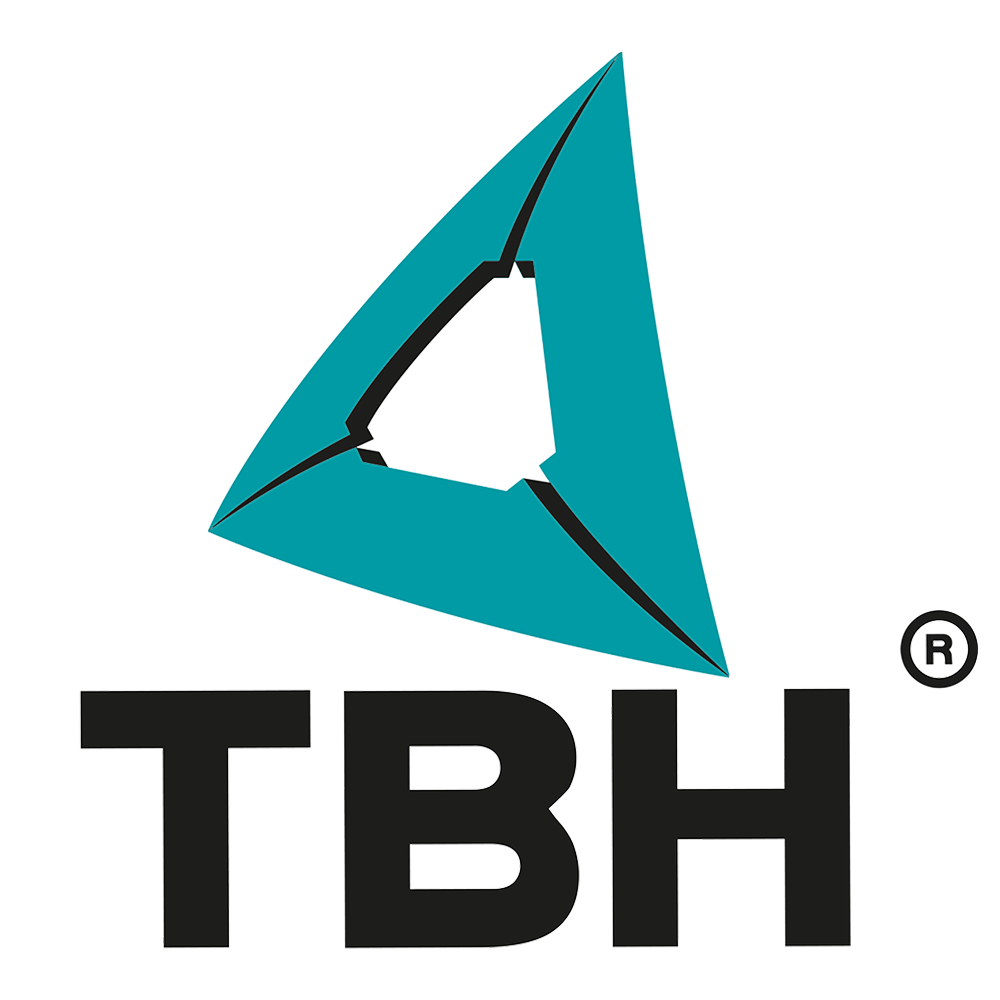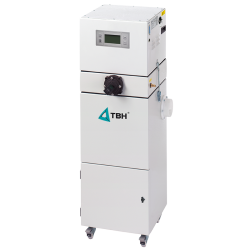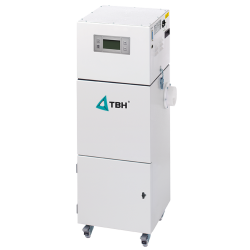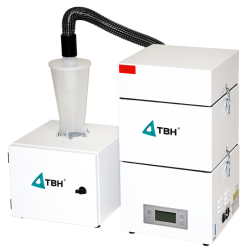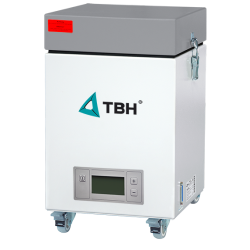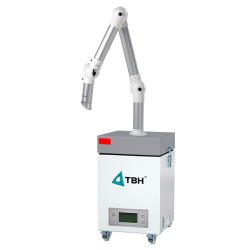TBH GL 265
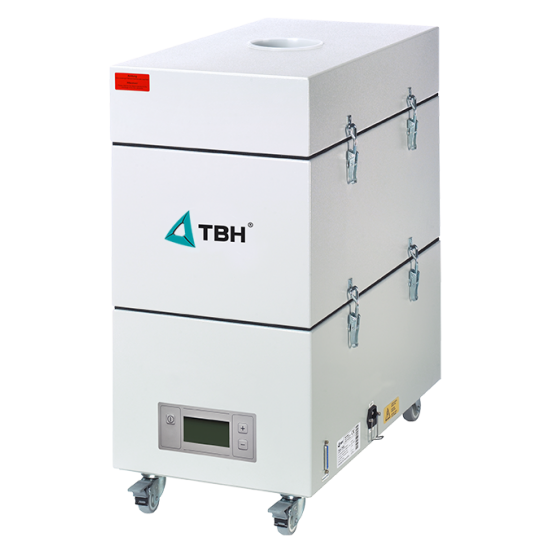
Odciąg zanieczyszczeń GL 265
Seria GL to nic innego jak “Green Line” (zielona linia), czyli urządzenia przeznaczone do pracy bezpiecznej dla środowiska. Modele tej serii zużywają mniej prądu niż pozostałe systemy ekstrakcji. W otoczeniu wymagającym ciszy (laboratoria, biura) urządzenia te będą praktycznie niezauważlne dzięki oszczędzaniu energii i wyciszonej dmuchawie. Umożliwia zaoszczędzenie do 65% energii.
Model z większymi możliwościami technicznymi niż GL230.
Liczne zalety systemu
Konstrukcja modułowa – możliwość dodania różnych modułów filtrów
Szybka wymiana wkładu filtracyjnego
Duże podciśnienie zapewniające bardzo skuteczny odciąg
Wielofunkcyjna elektronika sterująca
Możliwość dodania różnych modułów filtrów
W zależności od zastosowania, systemy filtracji z serii LN 200 można złożyć z różnych modułów filtrów. Optymalizuje to koszty i umożliwia odpowiednie dostosowanie system odciągu i filtracji do zmieniających się warunków roboczych i wymogów klienta.
Wymiary
- Waga: 70kg
- Wysokość: 75cm
- Szerokość: 35cm
- Głębokość: 65,5cm
Konfiguracja filtra
- prefiltr mat M5
- Filtr cząstek H13
- Węgiel aktywny/ filtr BAC
Szybka wymiana filtra
W celu wymiany filtra należy go po prostu wyjąć z górnej części urządzenia. Zapewnia to szybką i czystą wymianę filtra przez pracowników lub personel przeprowadzający czynności konserwacyjne.
Interfejs
- Start/stop systemu
- Ostrzeżenie o nasyceniu filtra w 75%
- Wizualna i dźwiękowa sygnalizacja zapełnienia filtra
- Zbiorcze komunikaty awarii (prędkość obrotów, temperatura, zapełnienie
- filtra w 100%)
- Zewnętrzna regulacja prędkości obrotów
- Rejestracja błędów zapewnia sprawną koordynację pomiędzy klientem a serwisem TBH
- Ustawienie parametrów w celu dostosowania funkcji do potrzeb klienta
Elementy robocze systemu
- Przełącznik pomiędzy trybem pracy/czuwania
- Ręczna regulacja prędkości obrotów
- Wskaźnik nasycenia filtra
- Sygnalizacja stanu systemu
- Wskaźnik ustawień systemu
- Licznik czasu pracy
- Wskaźnik temperatury i sygnalizator awarii turbiny
- Wskaźnik stanu filtra
Bezpieczeństwo przemysłowe i ochrona zdrowia
Aby w jeszcze większym stopniu spełniać wymogi naszych klientów w zakresie bezpieczeństwa, TBH uzupełnia swoją ofertę produktów, wprowadzając różne systemy odciągu i filtracji zanieczyszczeń poddane specjalnym testom w niemieckim Instytucie Bezpieczeństwa Pracy (Institut für Arbeitsschutz (IFA)) zgodnie z wymogami normy DIN ISO 15012-1 (2013).
Adsorbcia zanieczyszczeń gazowych
Dwa komplementarne wkłady filtrujące zapewniają adsorpcję substancji gazowych. Aktywny węgiel ułatwia fizyczną adsorpcję, a biologicznie aktywny granulat BAC umożliwia proces adsorpcji chemicznej. Neutralizacja konkretnych zanieczyszczeń gazowych odbywa się poprzez chemiczne wiązanie z substancją reagującą osadzoną na materiale nośnym. Procesy adsorpcji fizycznej i chemicznej są komplementarne, umożliwiają więc usunięcie bardzo szerokiego zakresu gazów i nieprzyjemnych zapachów.
